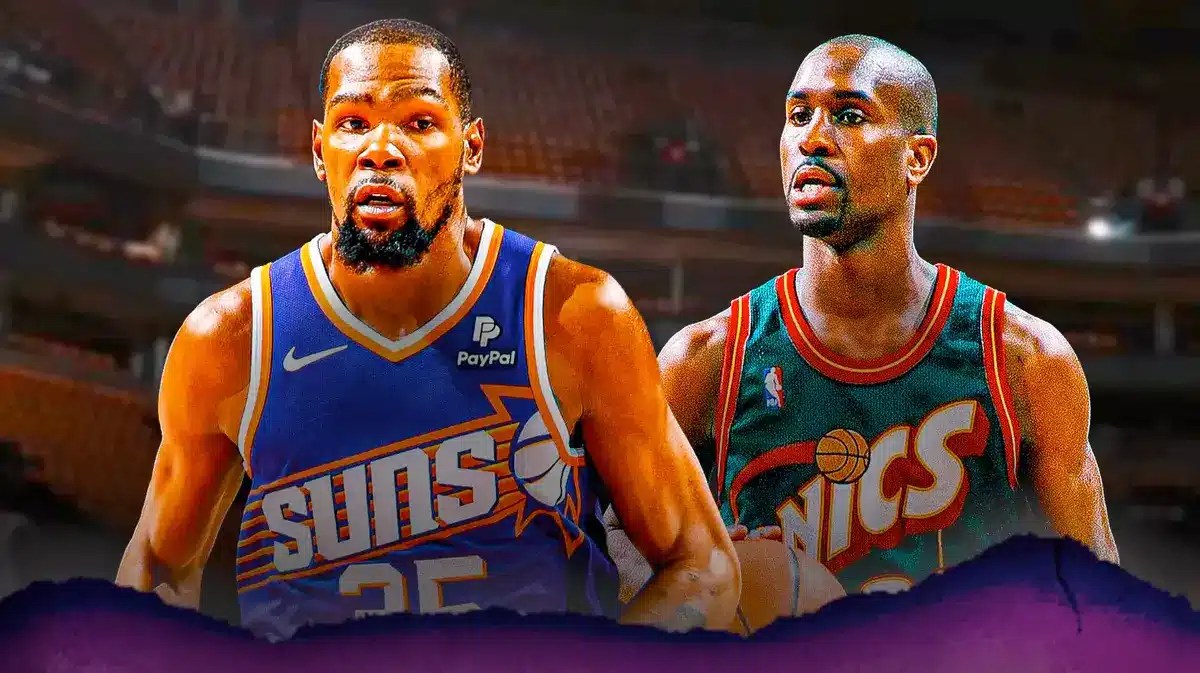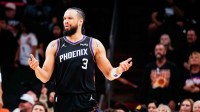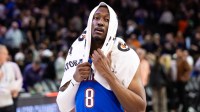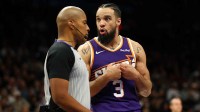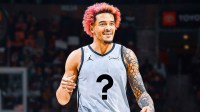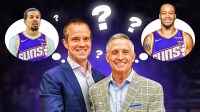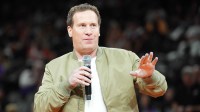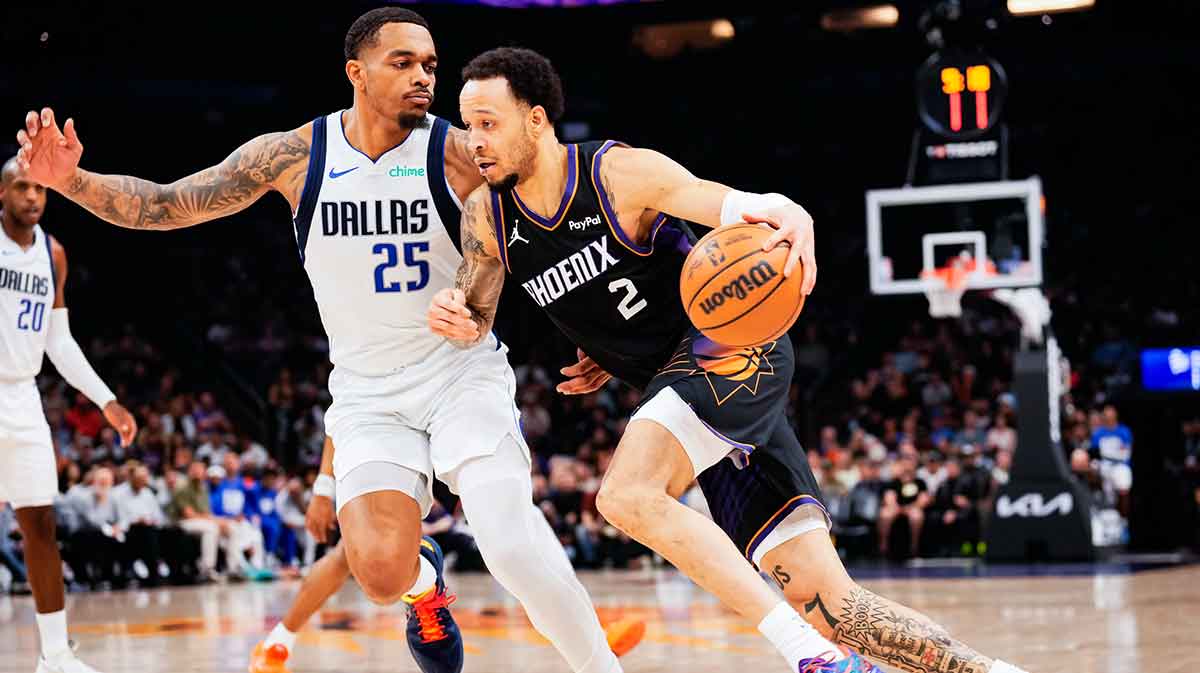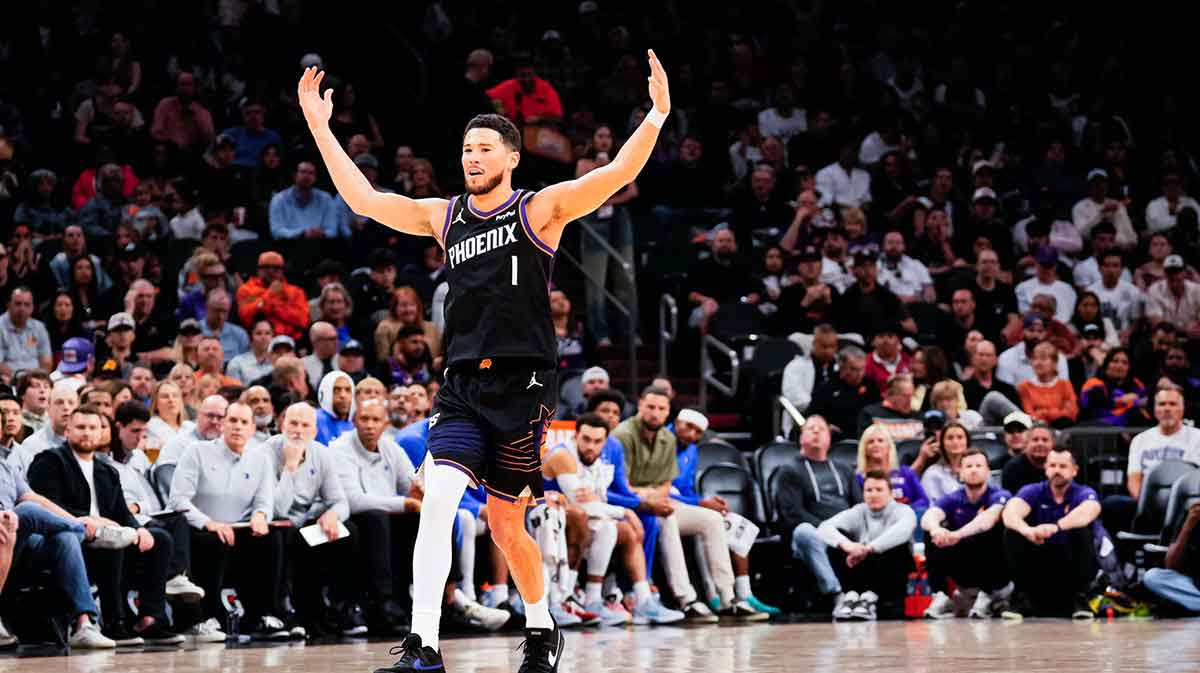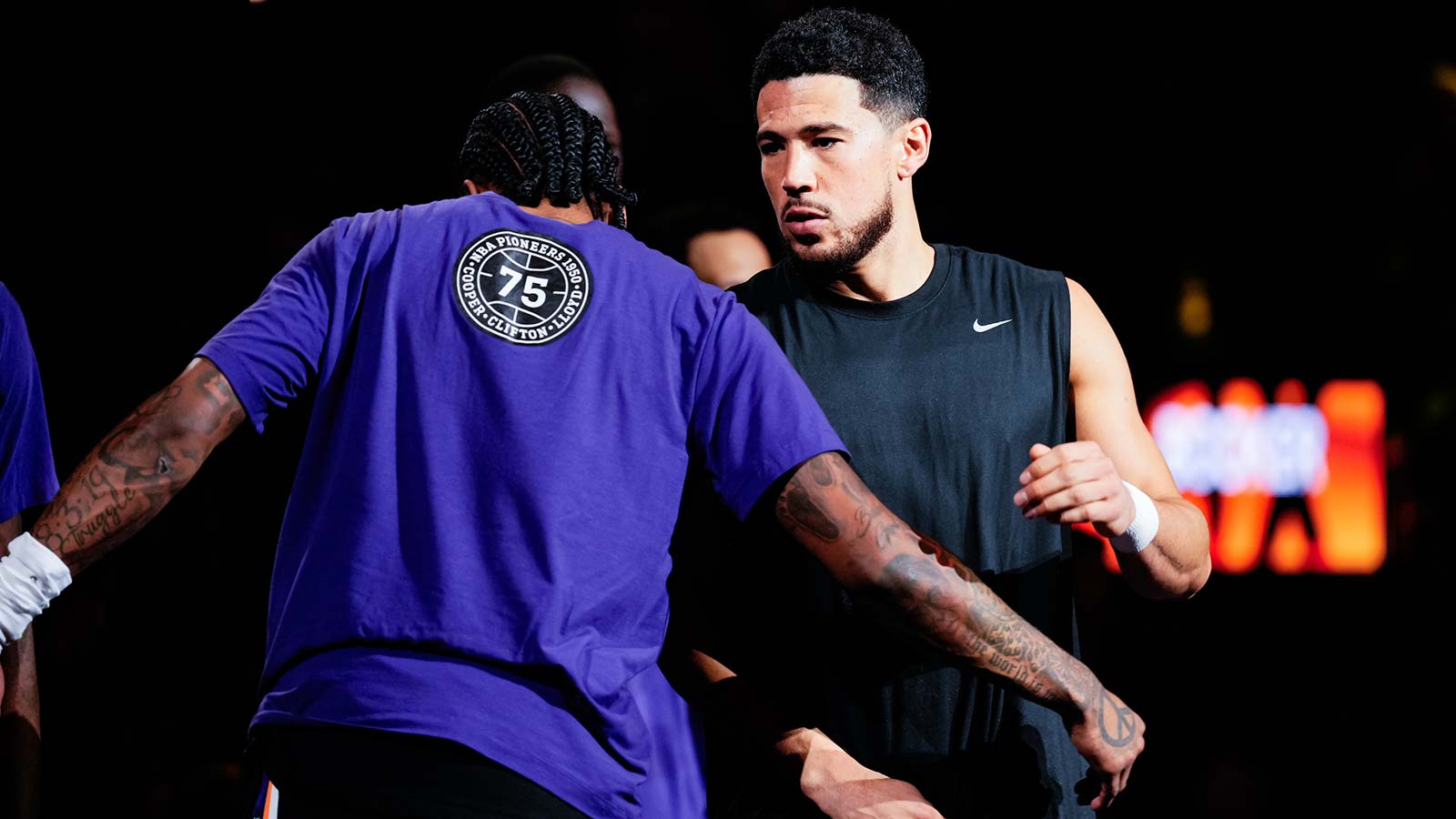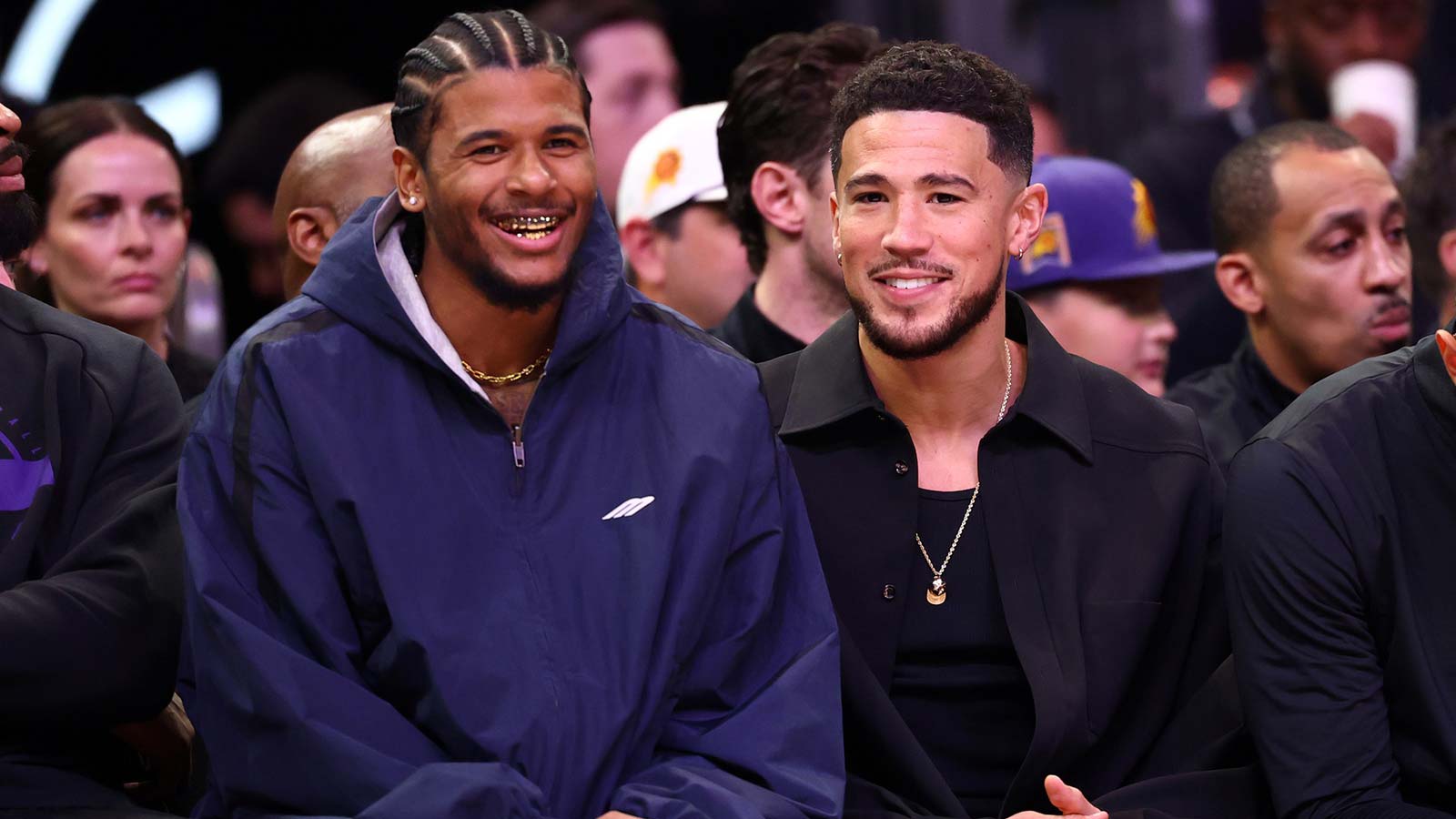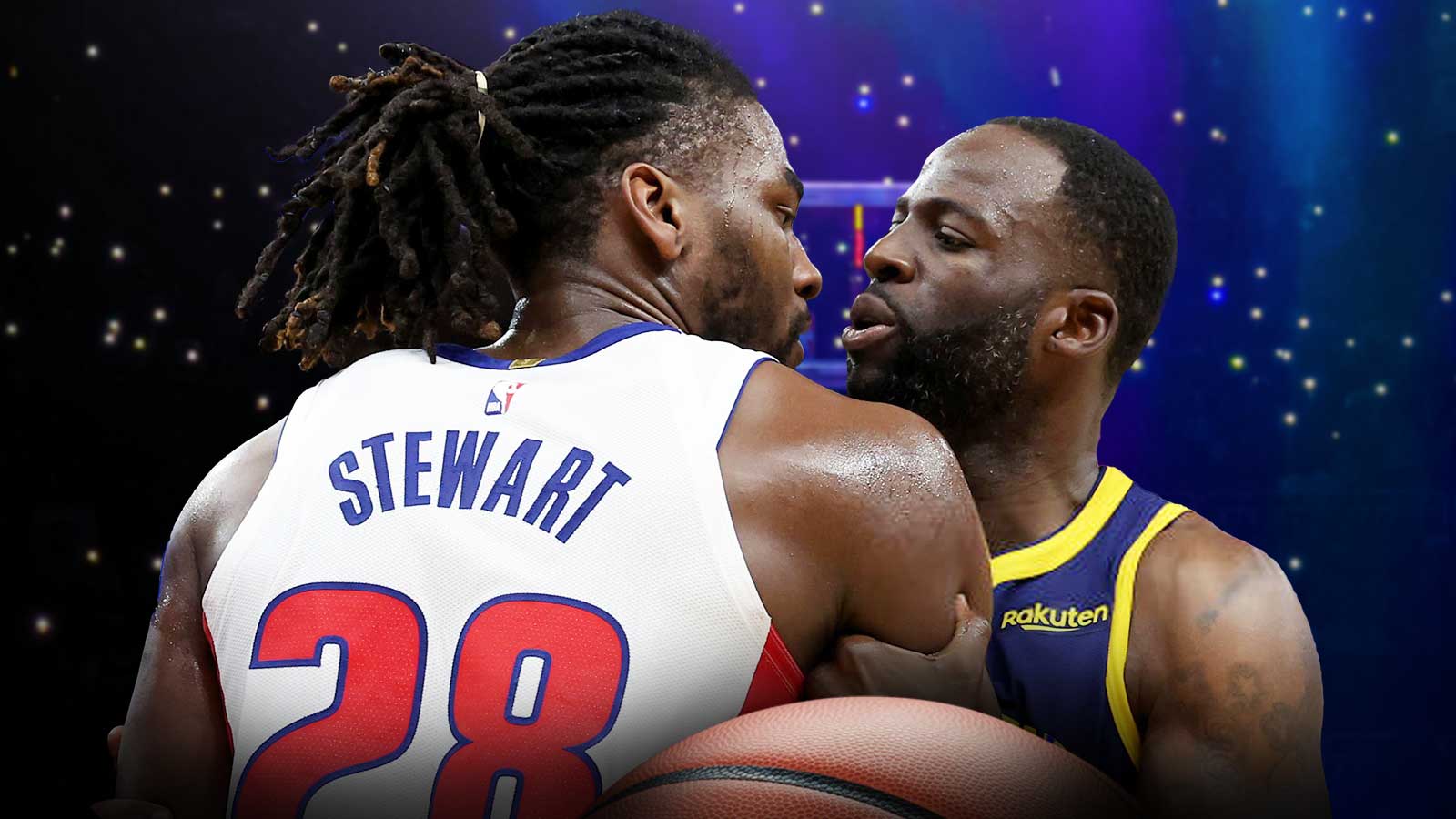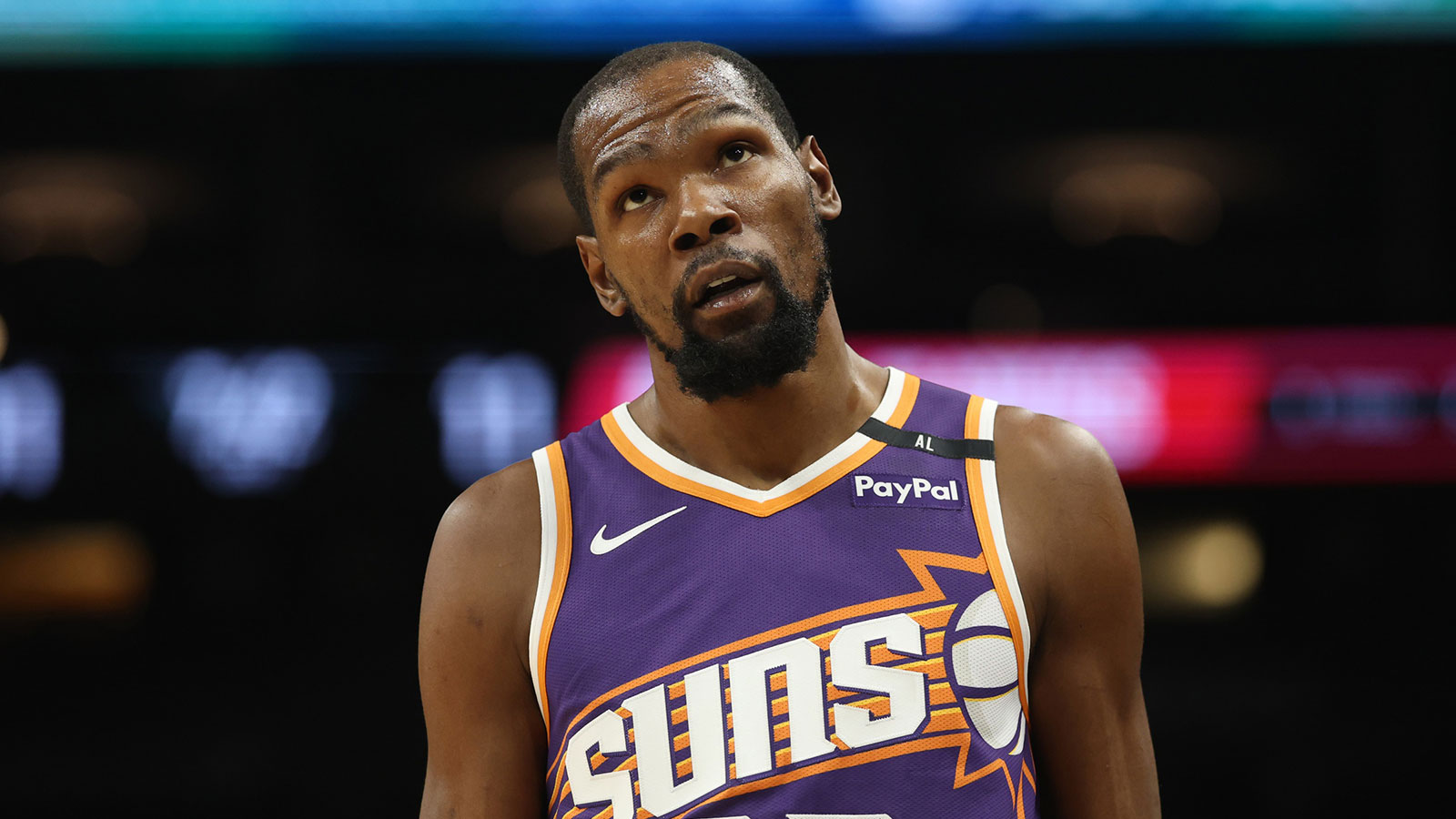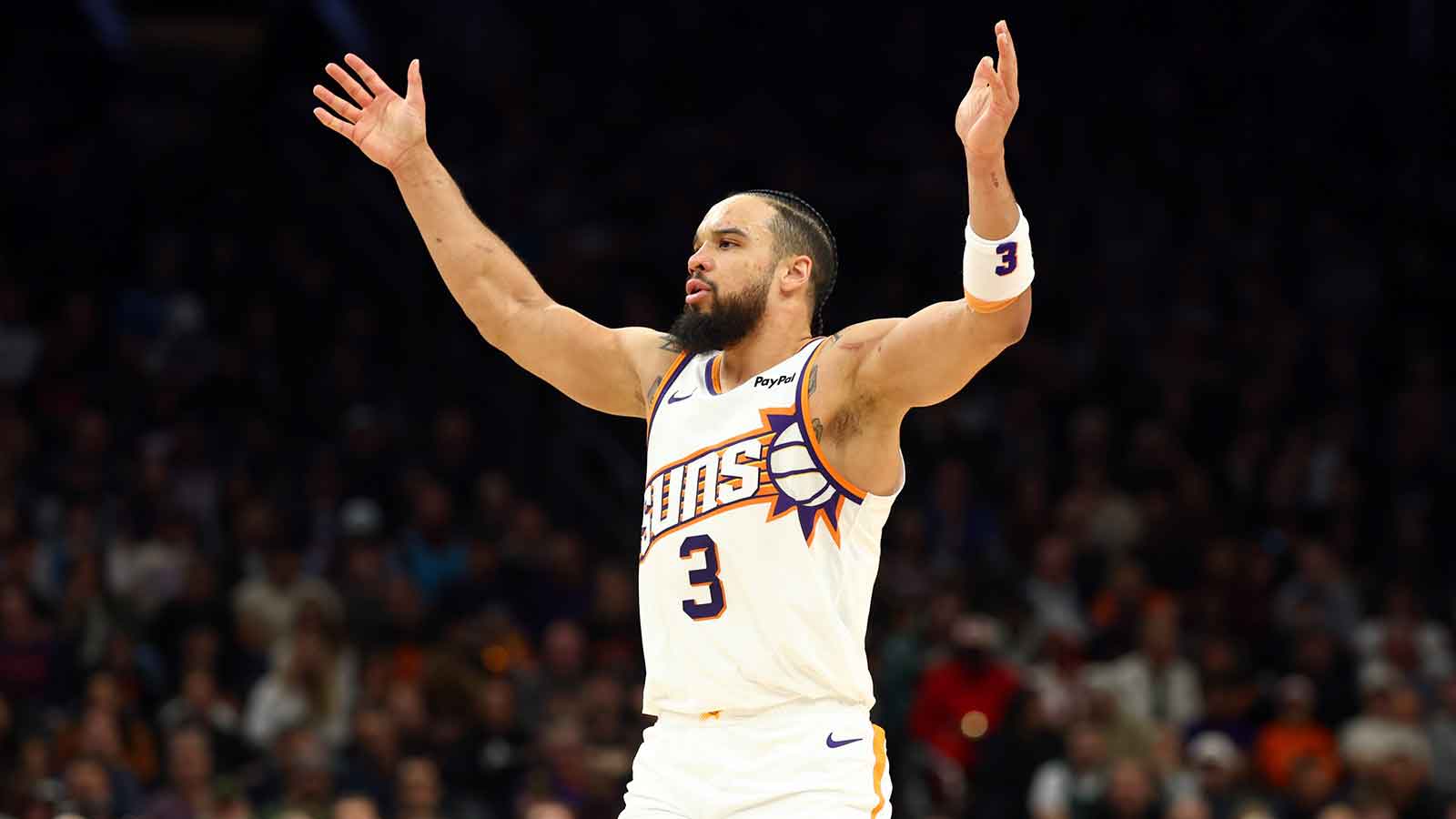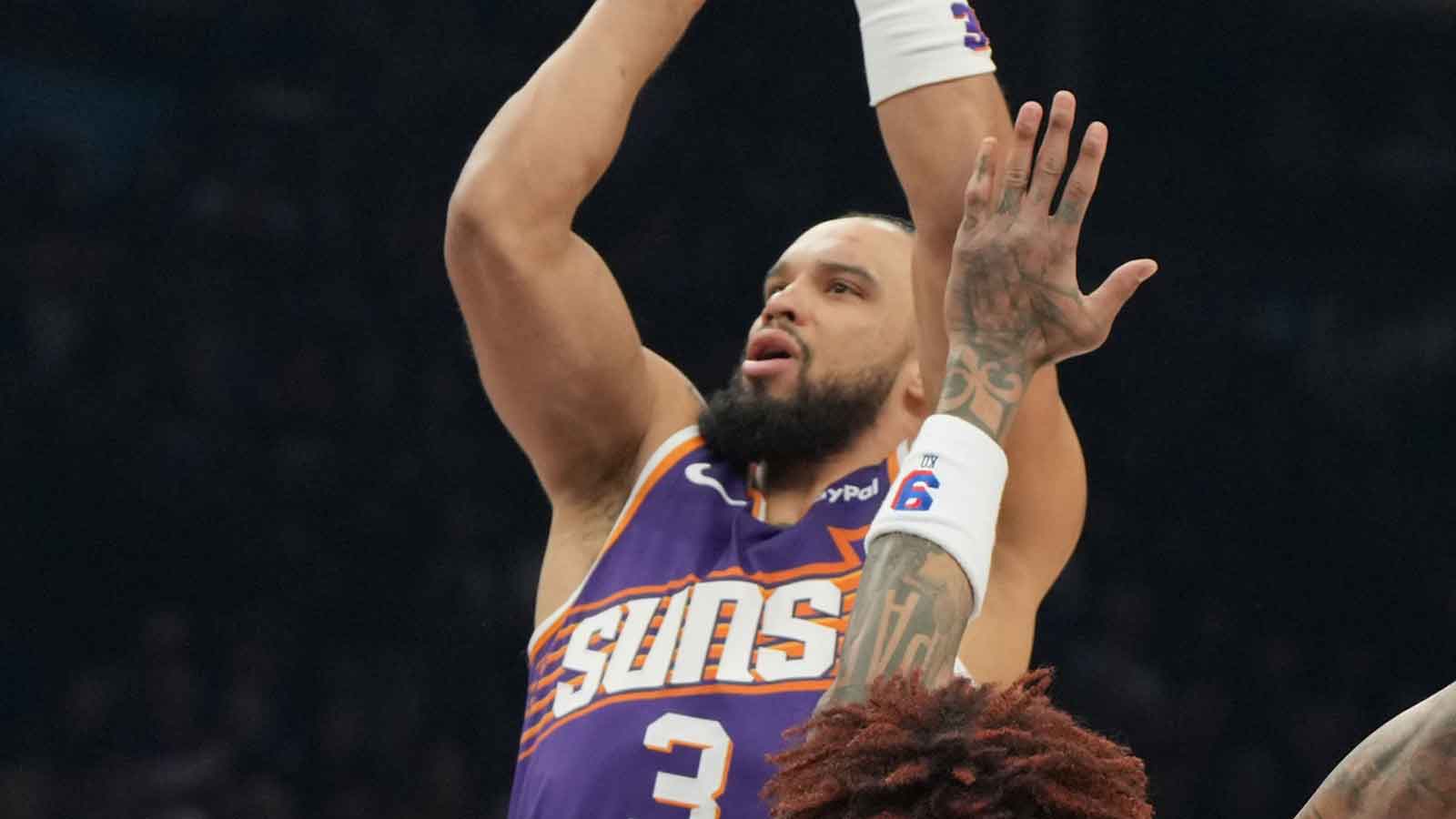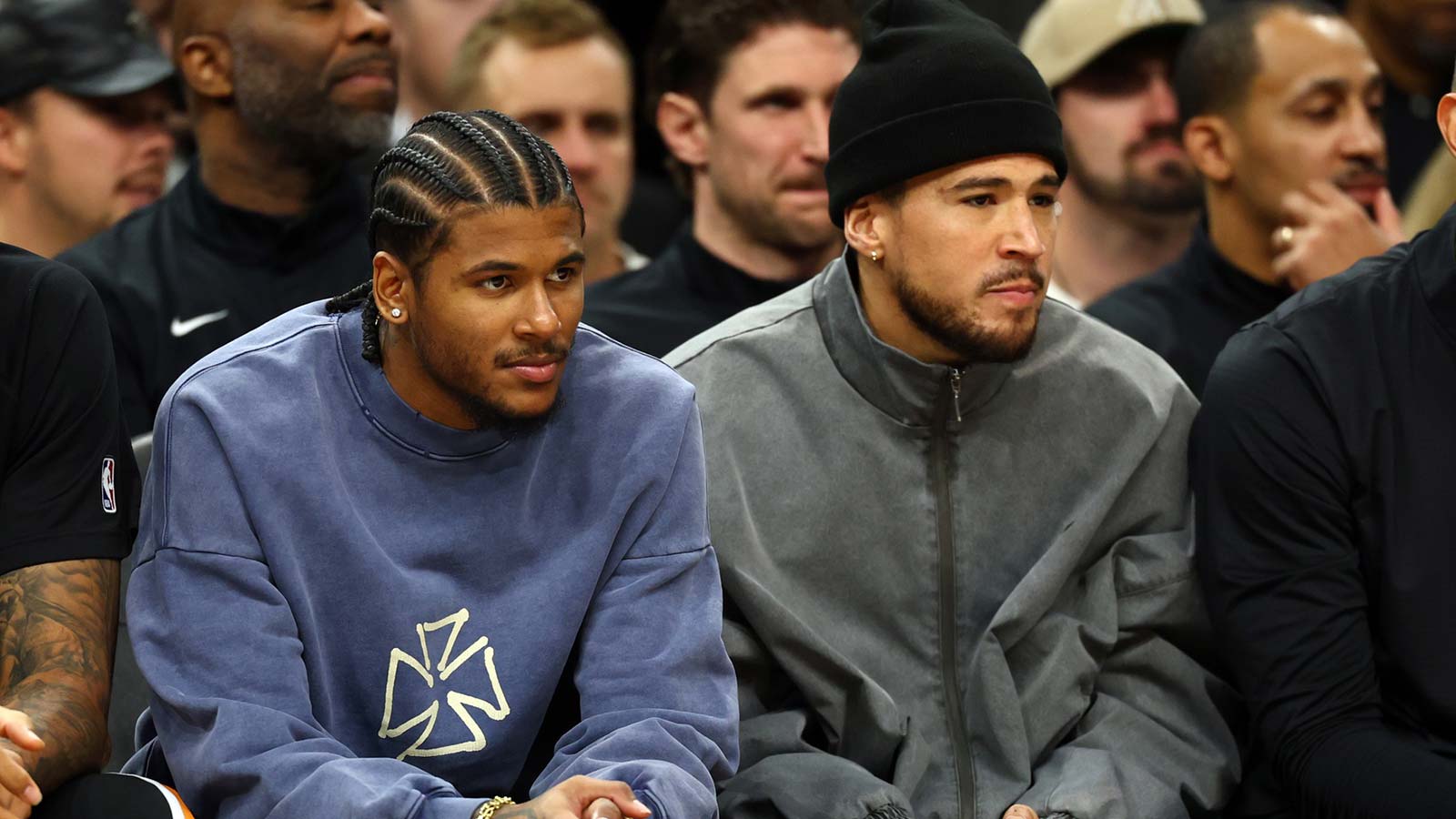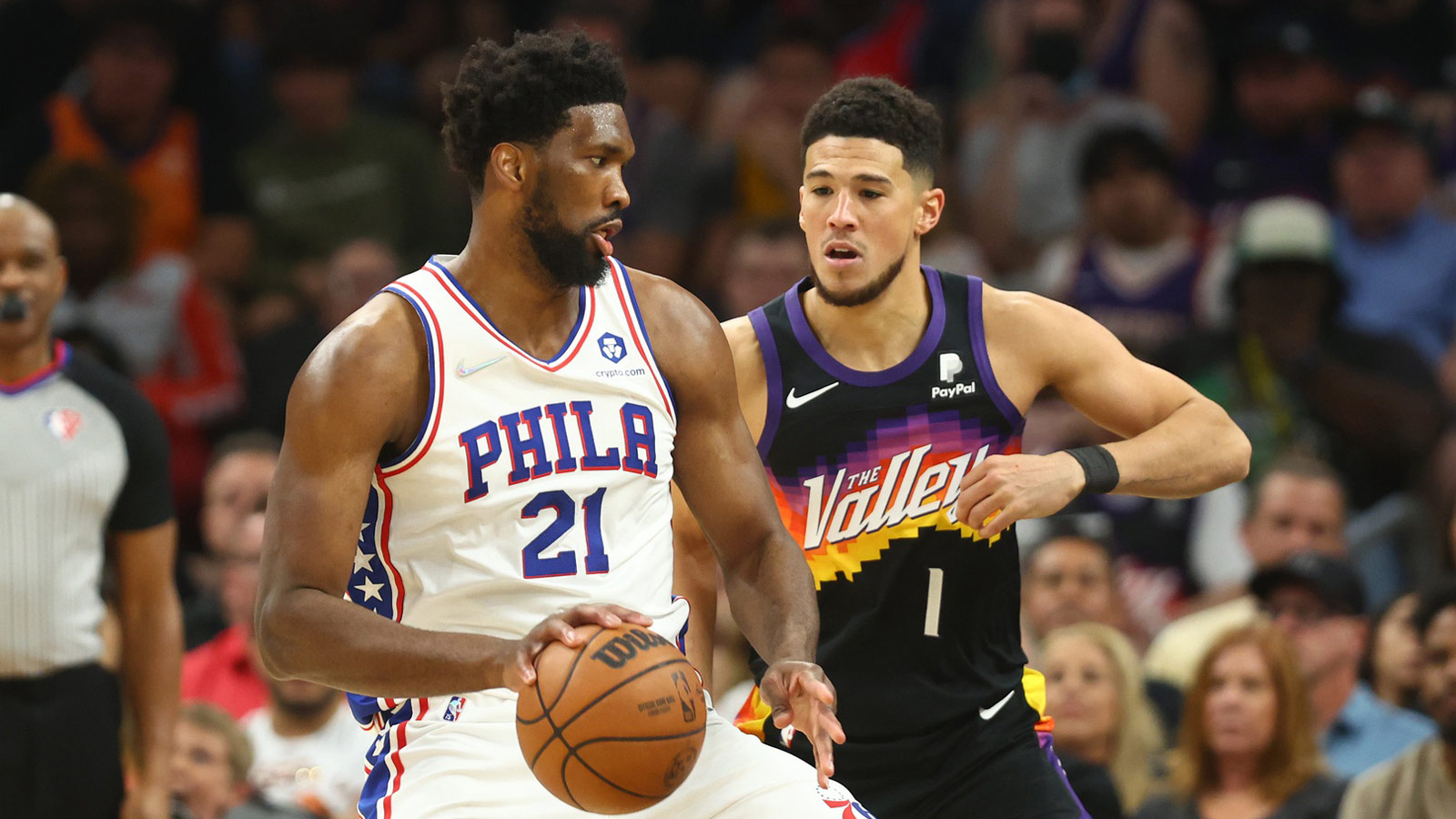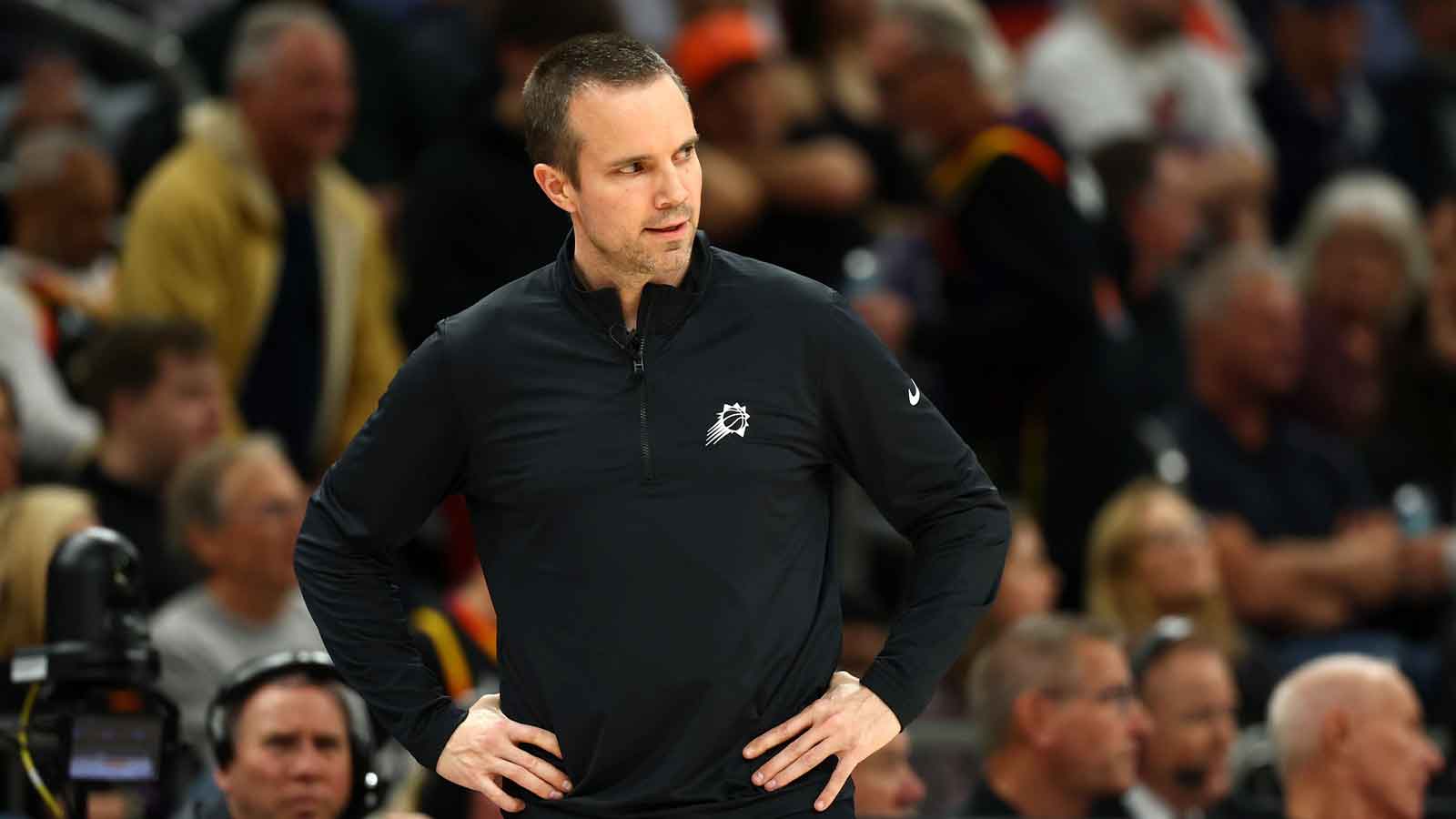April 18, 2008, was a grim time for a lot of fans in Seattle. This was the day the NBA led by David Stern approved the relocation of the Seattle Supersonics. Owner Howard Schultz packed things up with his franchise star, Kevin Durant, and went to Oklahoma City. There he would start anew with the Oklahoma City Thunder and replicate the success of previous teams that had Gary Payton and Shawn Kemp. Now, the Phoenix Suns star feels that something is cooking and he wants to get involved.
Kevin Durant is not getting any younger. This means that the Suns star is closer to retirement than fans would like to admit. His first order of business when the day comes? Revive the team that developed him as a young star, the Supersonics. He knew exactly why this was his goal for retirement, via Boardroom.
“I feel like that franchise, for one, is an iconic brand within the NBA. I feel like that market is a basketball market that needs the influence of the NBA team to continue to inspire the city and produce more and more basketball players. It's a franchise that I played for, so I have some pride for it,” the Suns star said about why the Superonics are important.
Durant: Sonics young gun, Thunder legend to Suns veteran
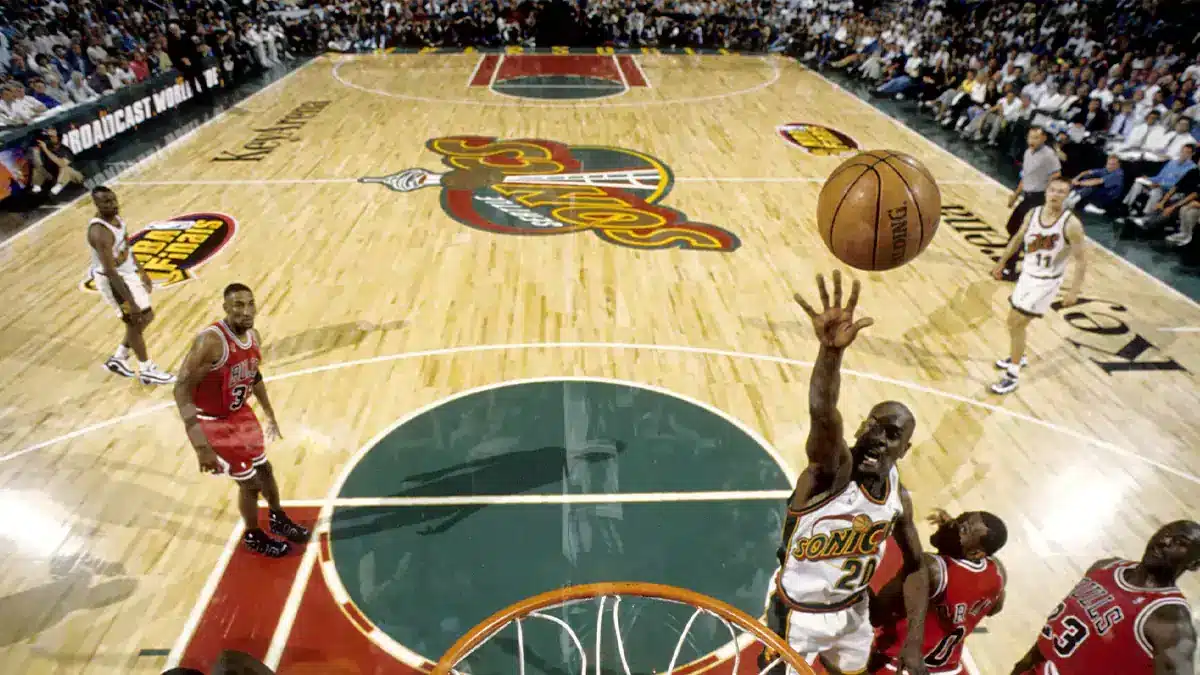
Furthermore, Durant knows how he can help the team once Adam Silver makes a move to revive it. The Suns' superstar has a lot of belief when it comes to its resurrection. When it does, he posits that his involvement with the franchise will be big.
“I believe it will be back, it will be part of the expansion of the league. To help run the team, as they come back into the league, that's a dream come true. That's probably one of the only things that I would really lock in like I was playing again,” he concluded.
The Slim Reaper out of Texas was a very raw prospect. But, he gave life to a Sonics team that struggled after Gary Payton and Shawn Kemp left. With the Sonics and Thunder, he averaged an insane 27.4 points on an insane 48.3% clip from all three levels of scoring. This was also his worst shooting stretch. It meant that his game evolved to be a more efficient volume scorer. Now, he averages nearly 28 points a game on a career-high 54.2% field goal percentage with the Suns.

